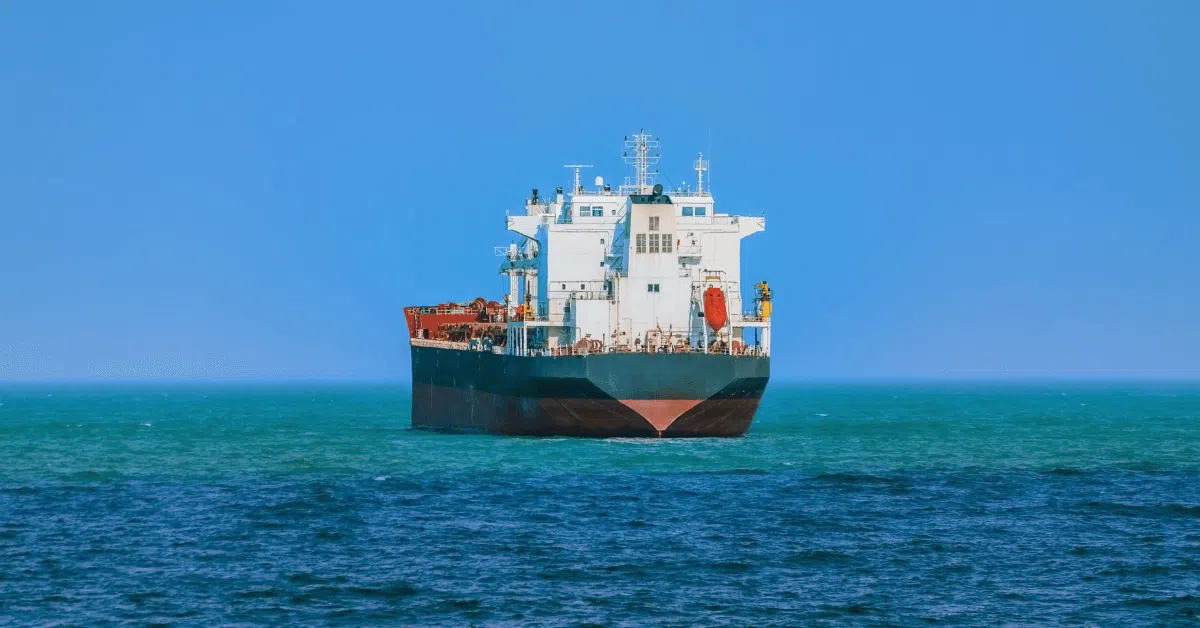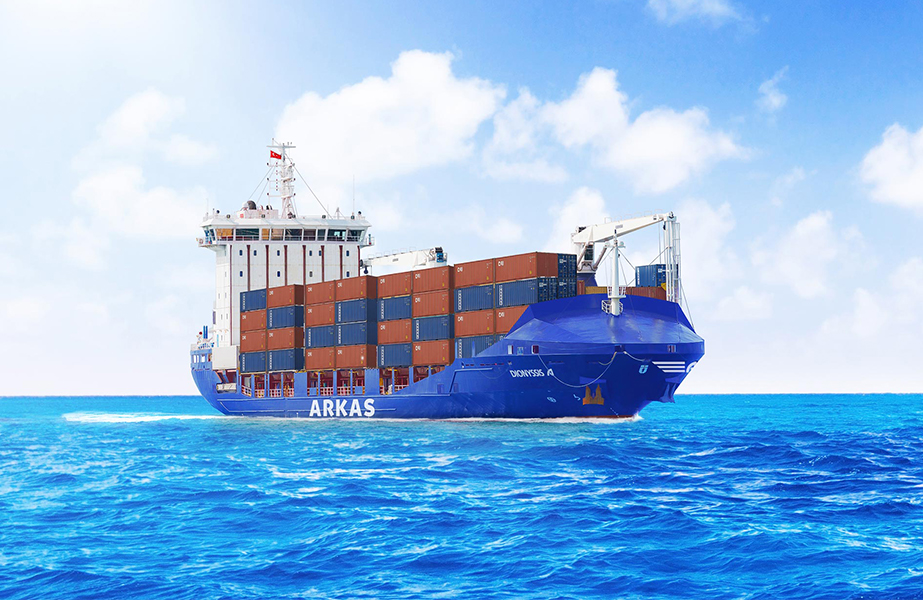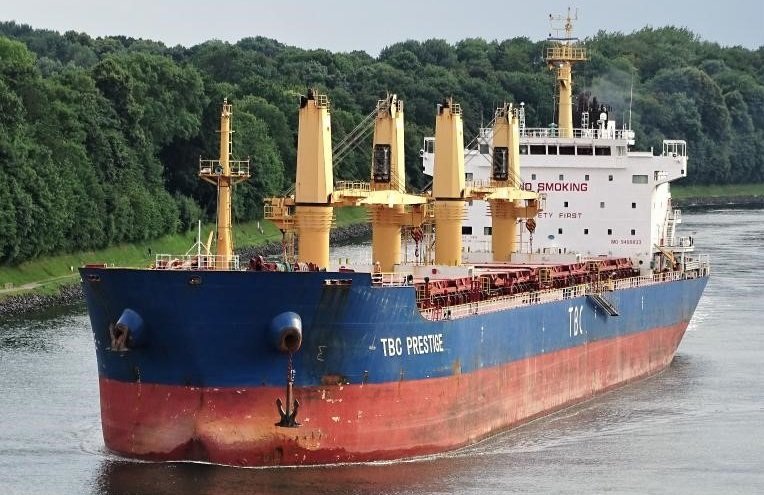Global container freight markets are showing increasing signs of weakness, with spot rates continuing their downward trend amid worsening supply–demand dynamics and growing overcapacity concerns.
This has also been confirmed by the latest Cargo Movement Update (CMU) compiled by the South African Association of Freight Forwarders and Business Unity SA.
The CMU points out that the Drewry World Container Index (WCI) fell by around 5% week-on-week to approximately $1 669 per 40ft container, marking the 16th consecutive weekly decline.
The maritime consultancy attributed the persistent weakening to deteriorating market fundamentals and forecasts further rate contractions in the coming weeks.
Industry sources report that current spot levels are among the lowest seen since January 2024, with major east–west trade lanes – such as Shanghai to Los Angeles – experiencing sharp year-on-year rate drops.
Analysts note that in several markets, spot prices have now fallen below contract rates, giving shippers increased leverage in rate negotiations.
Looking ahead, structural overcapacity is expected to intensify.
Market analysis from Sea-Intelligence suggests that the container shipping sector is entering a cyclical overcapacity phase, with the supply–demand imbalance projected to peak around 2027 – potentially reaching levels reminiscent of the 2016 rate war.
Commentary from Port Technology International and Port News supports this outlook, highlighting a shift from recent capacity shortages to a period of structural oversupply. The arrival of new vessels, combined with subdued demand growth, is expected to continue exerting downward pressure on freight rates well into the latter half of the decade.
View the discussion thread.
The Durban High Court has dismissed a bid by APM Terminals BV to reverse the awarding of an R11.1bn contract to ICTSI.
Vessel congestion has been reduced due to improved operational efficiencies, says the minister.
Report predicts dimmer outlook for 2026.
Calls for stronger enforcement and greater accountability in South Africa’s dangerous goods sector are mounting.
The law requires importers of legumes and several other products to prove they did not cause deforestation.
The canal extended the operating hours of its Transit Reservation Office from October 5.
The association plans to host a special event to highlight the port’s latest operational turnaround.
The World Bank report highlights persistent challenges in the labour market.
“The commitment to care from our industry is simply outstanding.” – Hayley van Rooyen.
The operations centre has urged vessels to exercise heightened caution while small boats face port restrictions.
Employers face challenges attracting and retaining skilled warehousing staff.
Renewable energy advances present an opportunity to reindustrialise and grow jobs.




